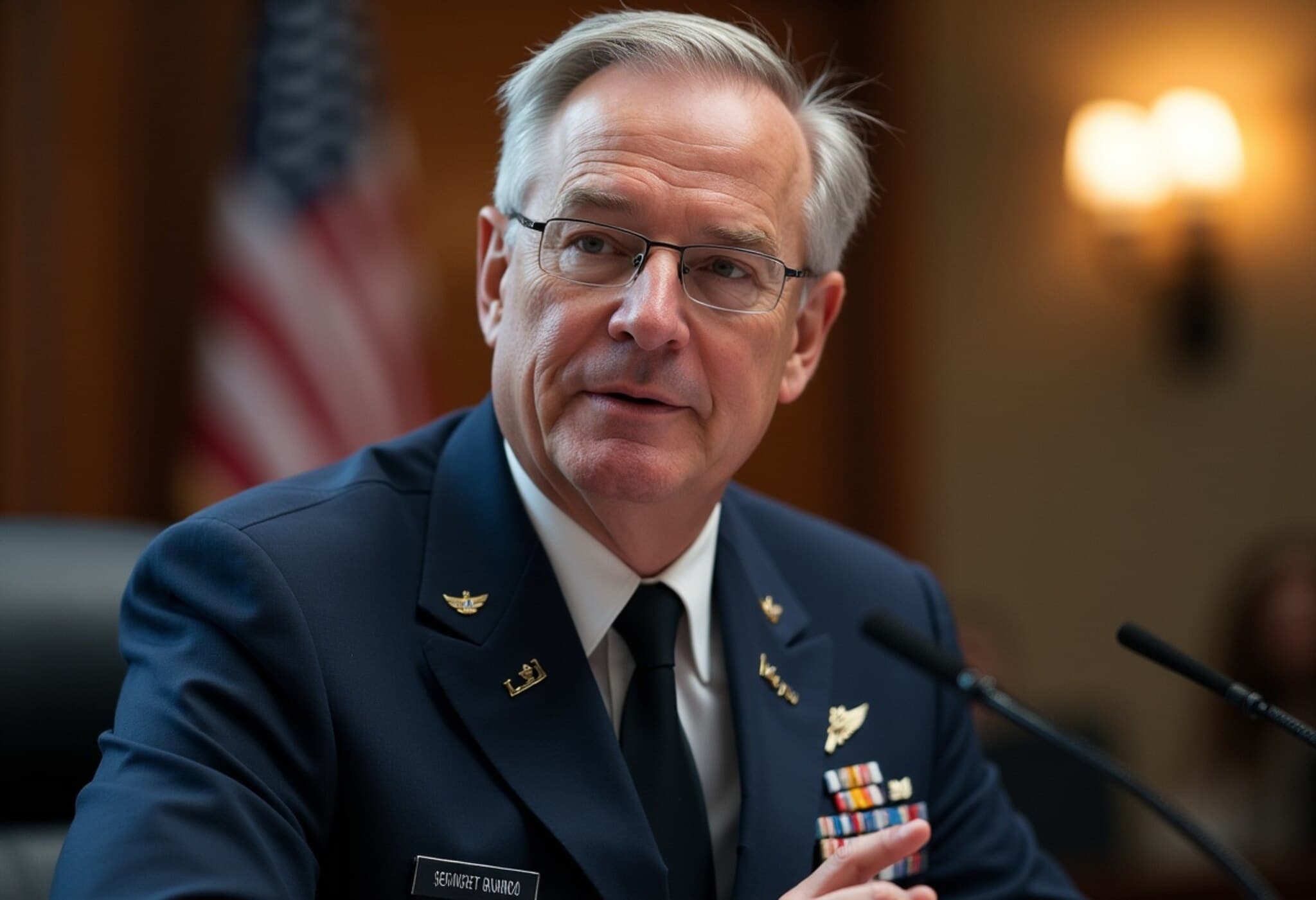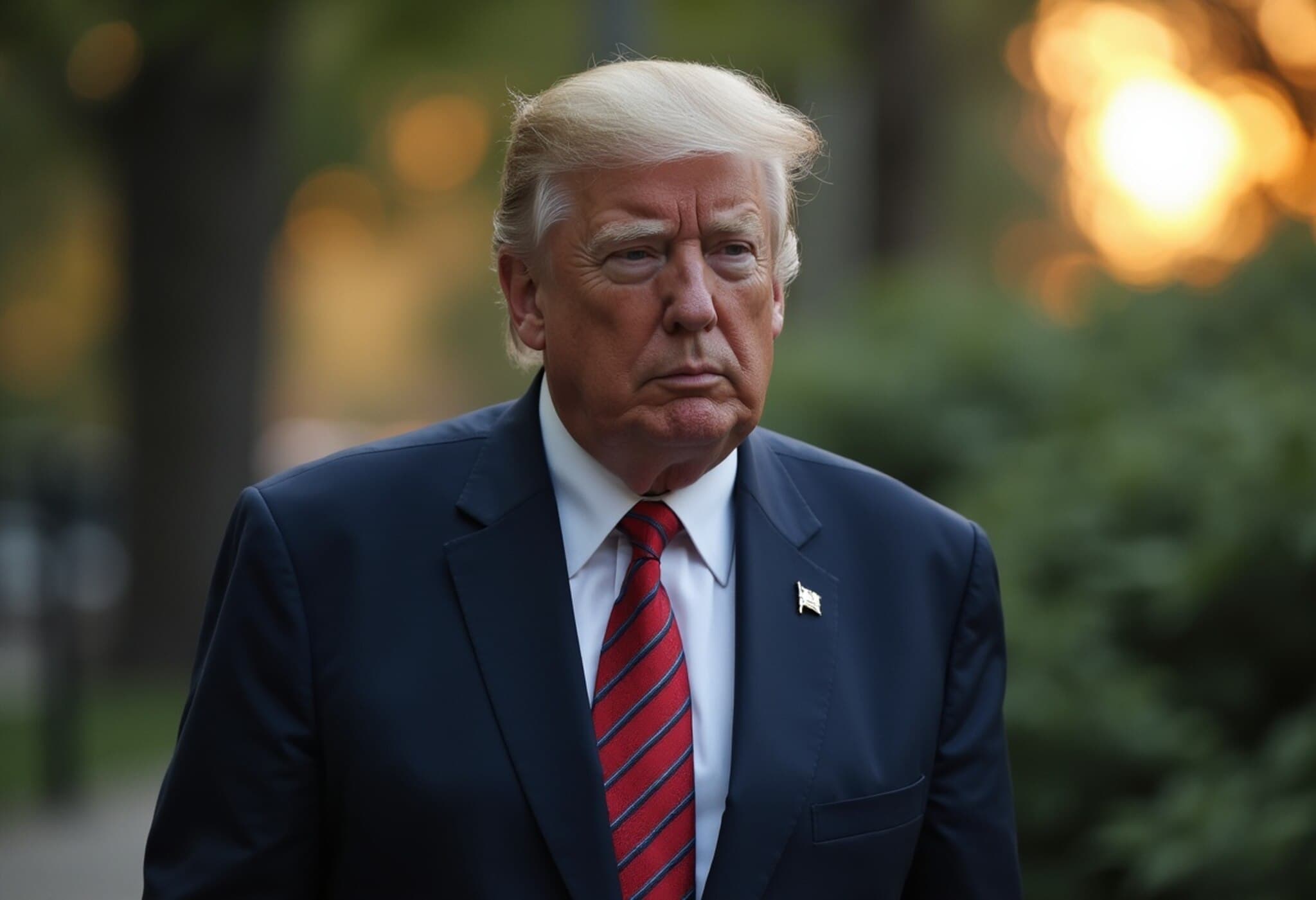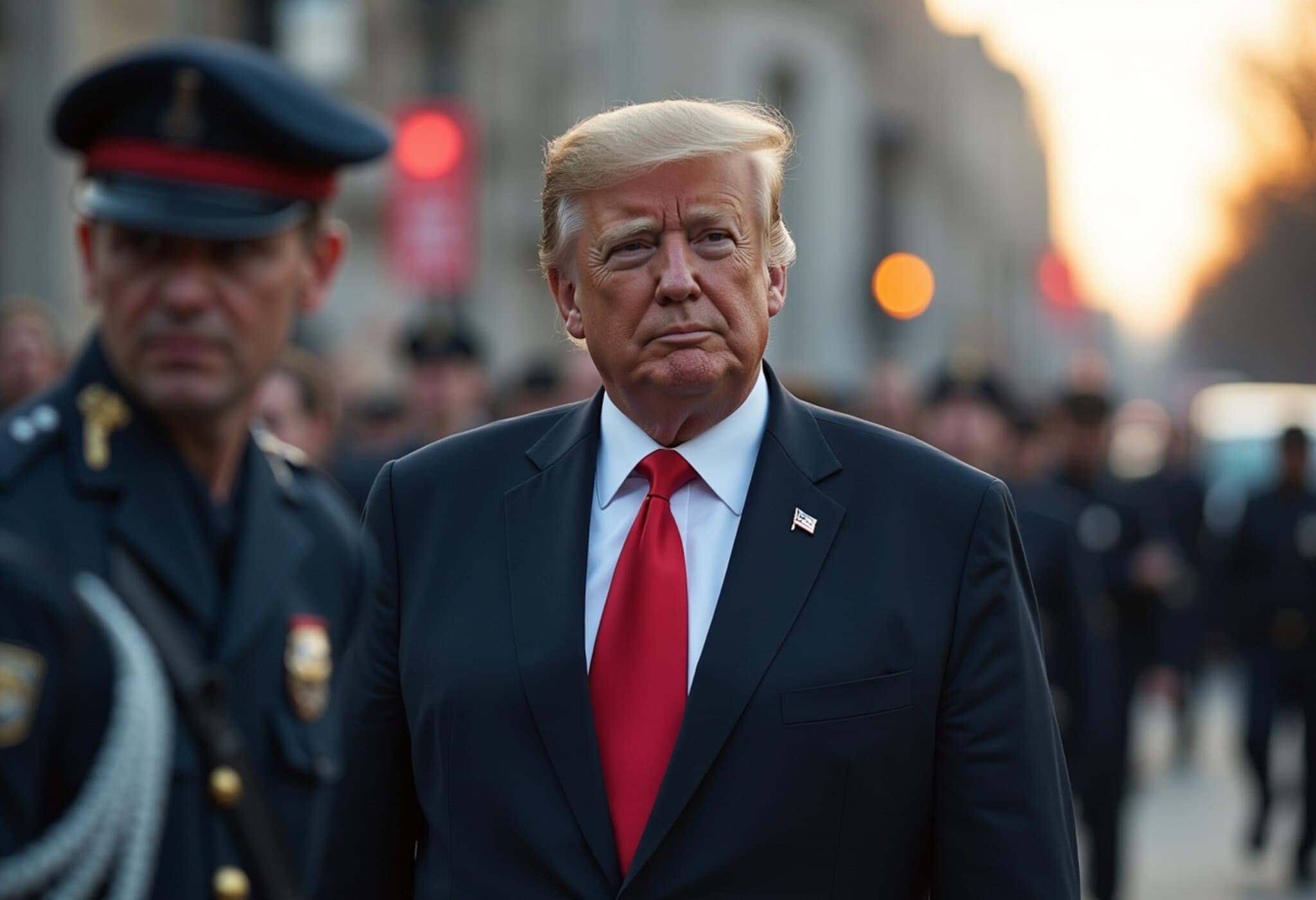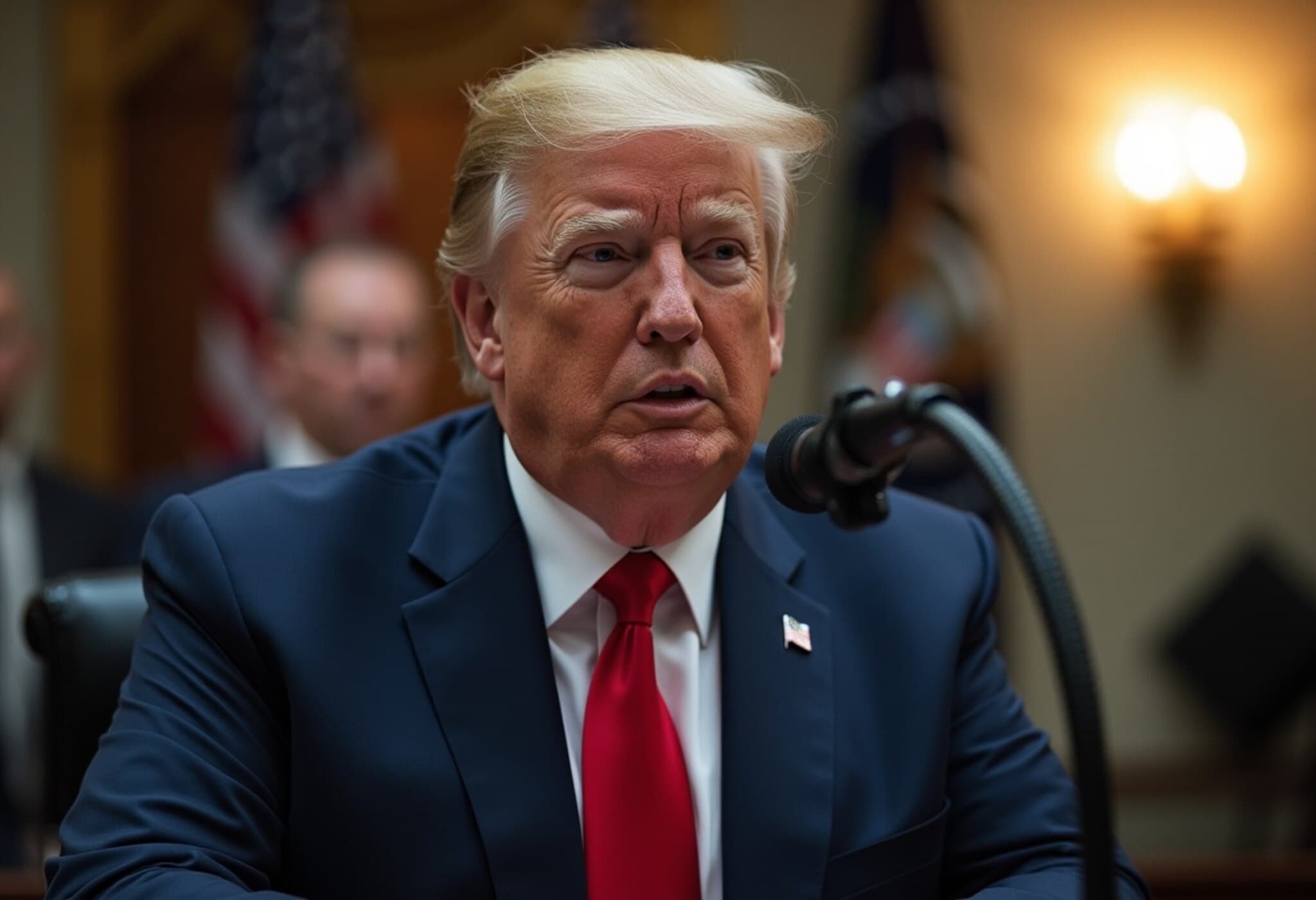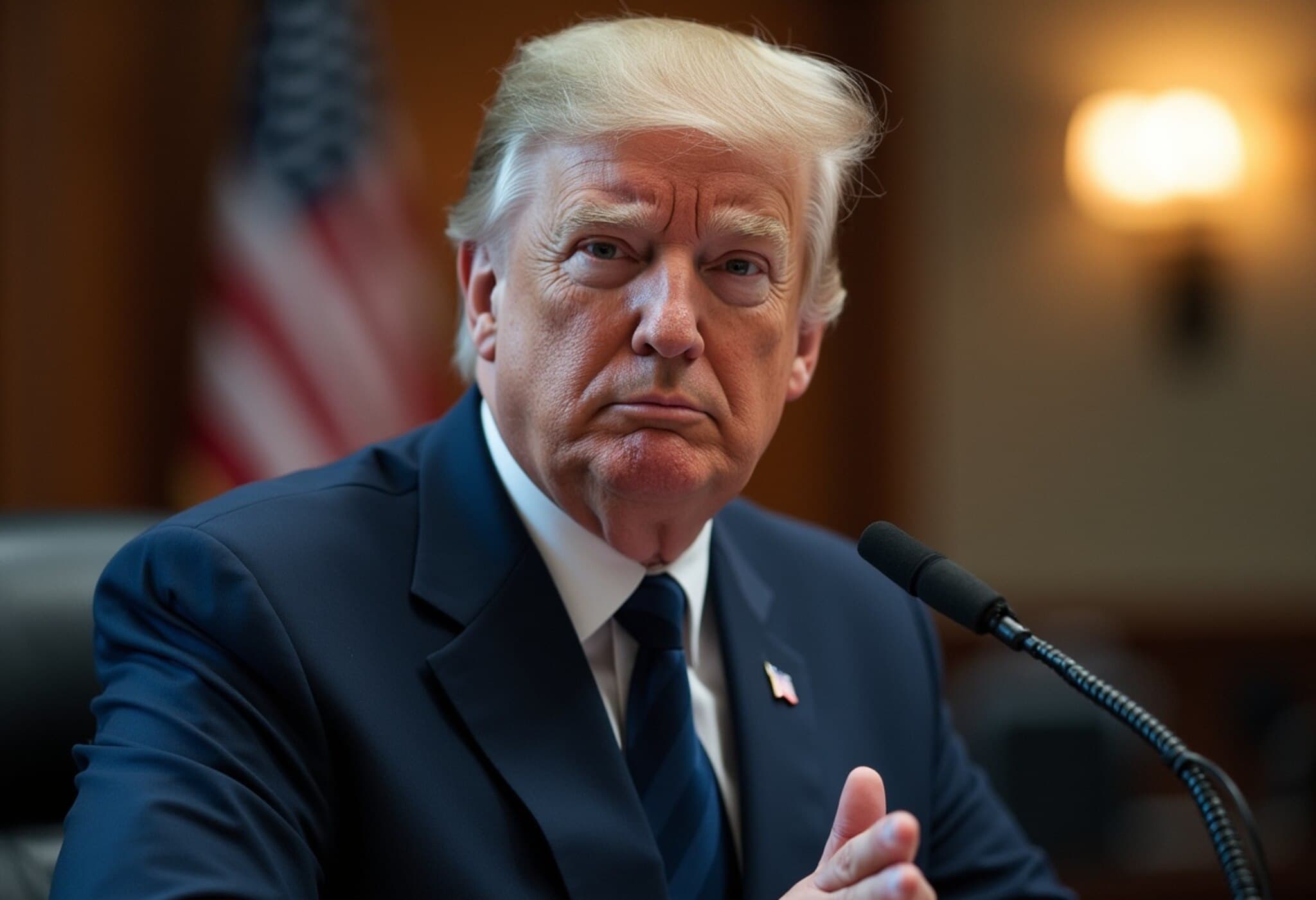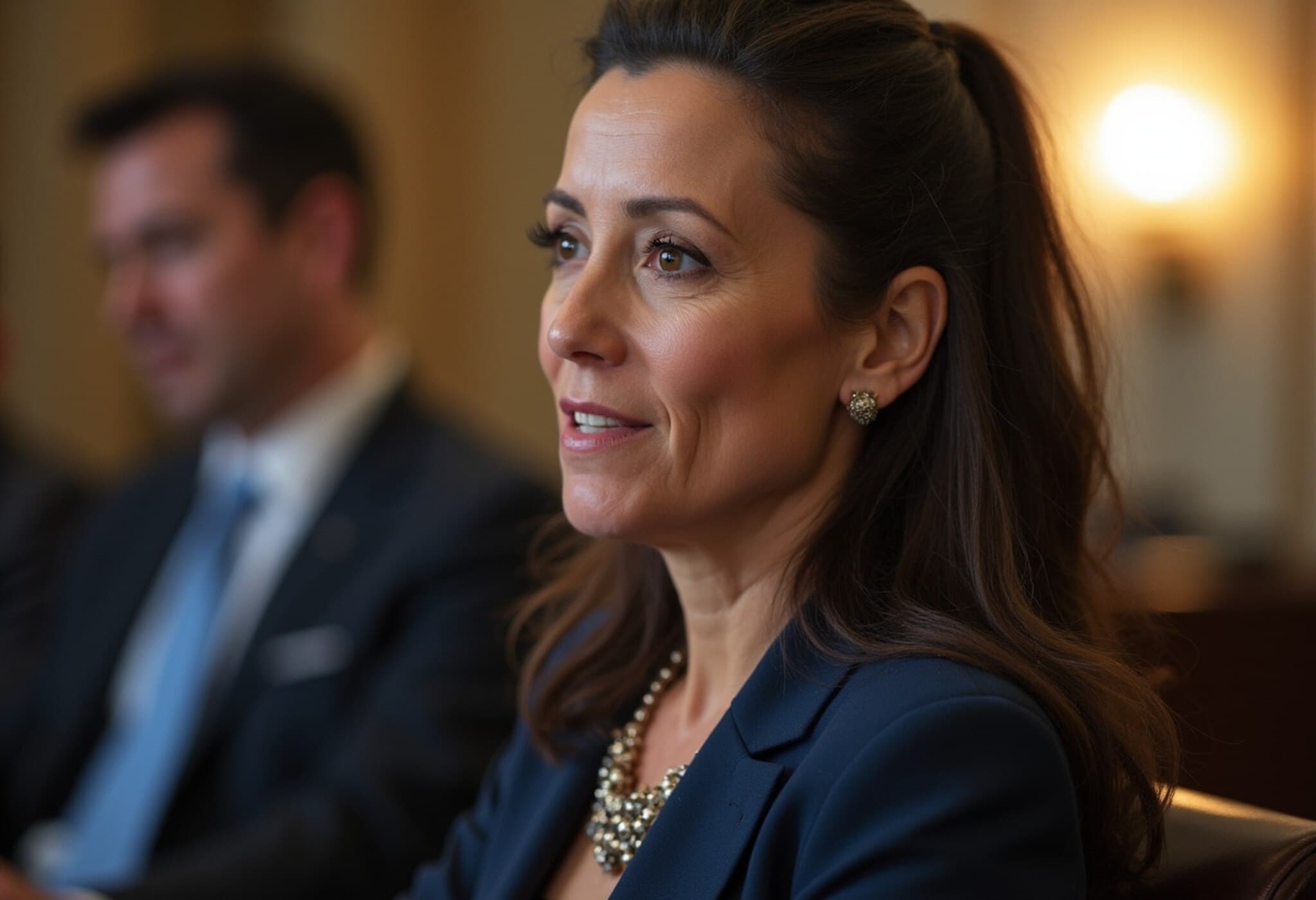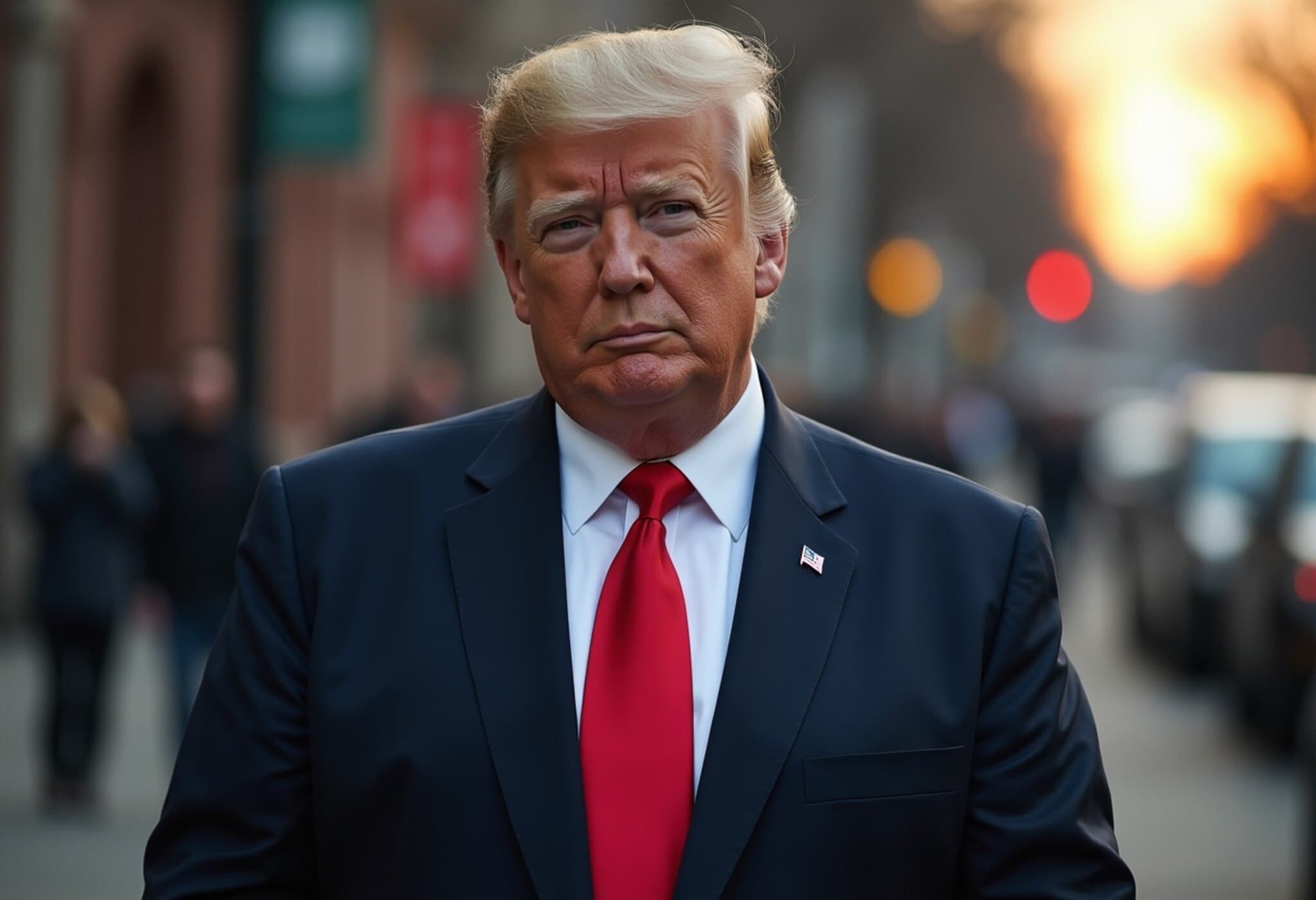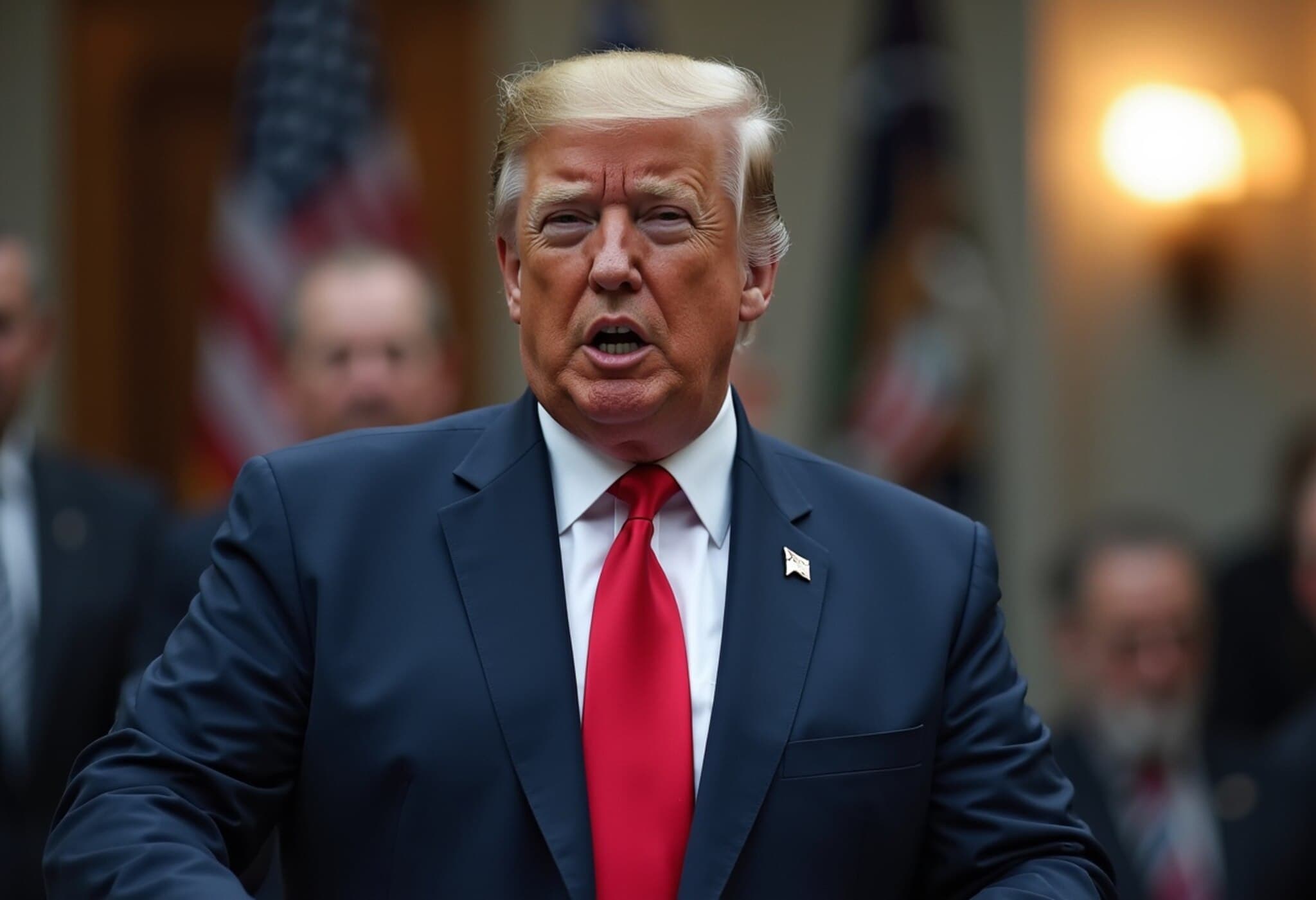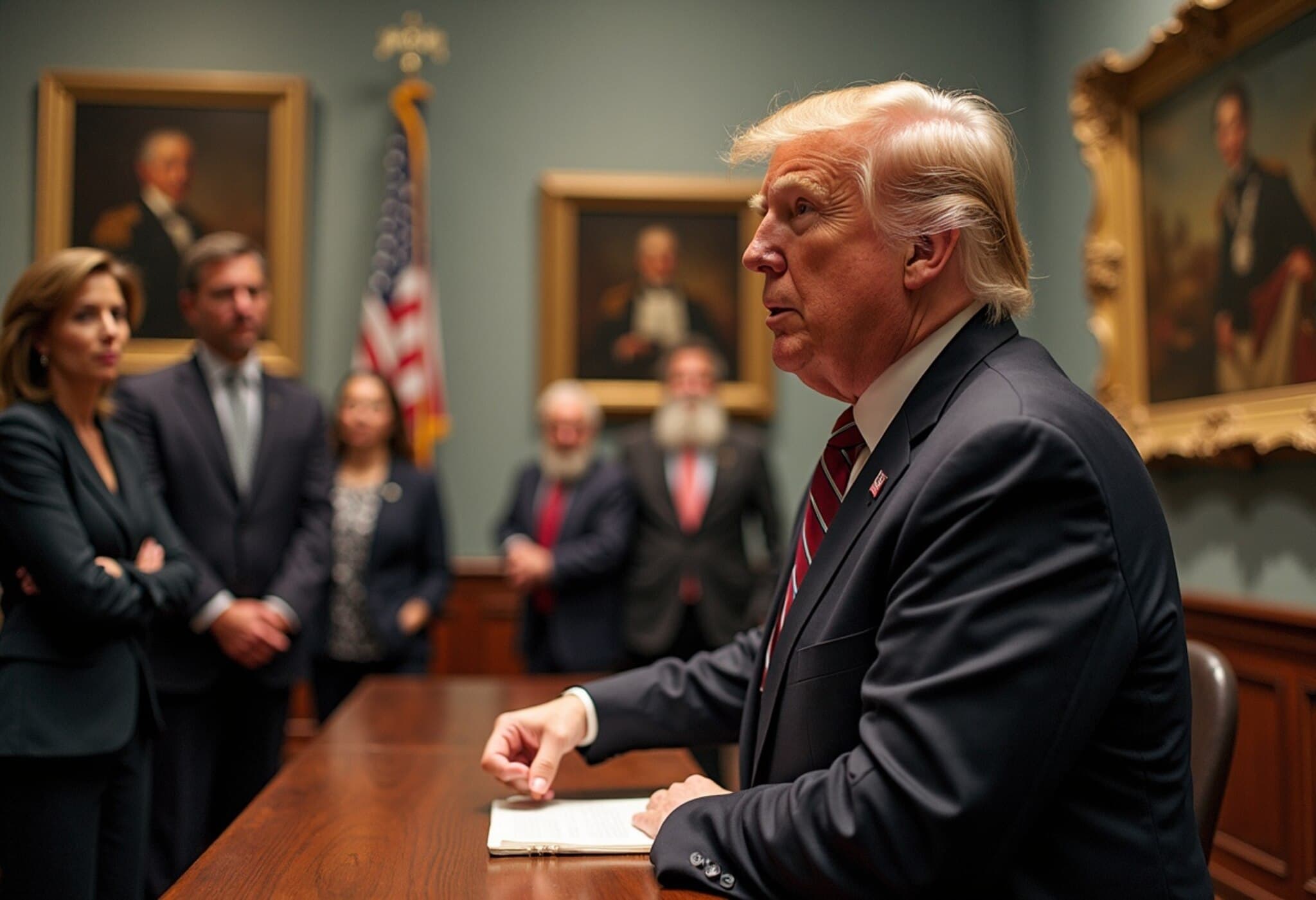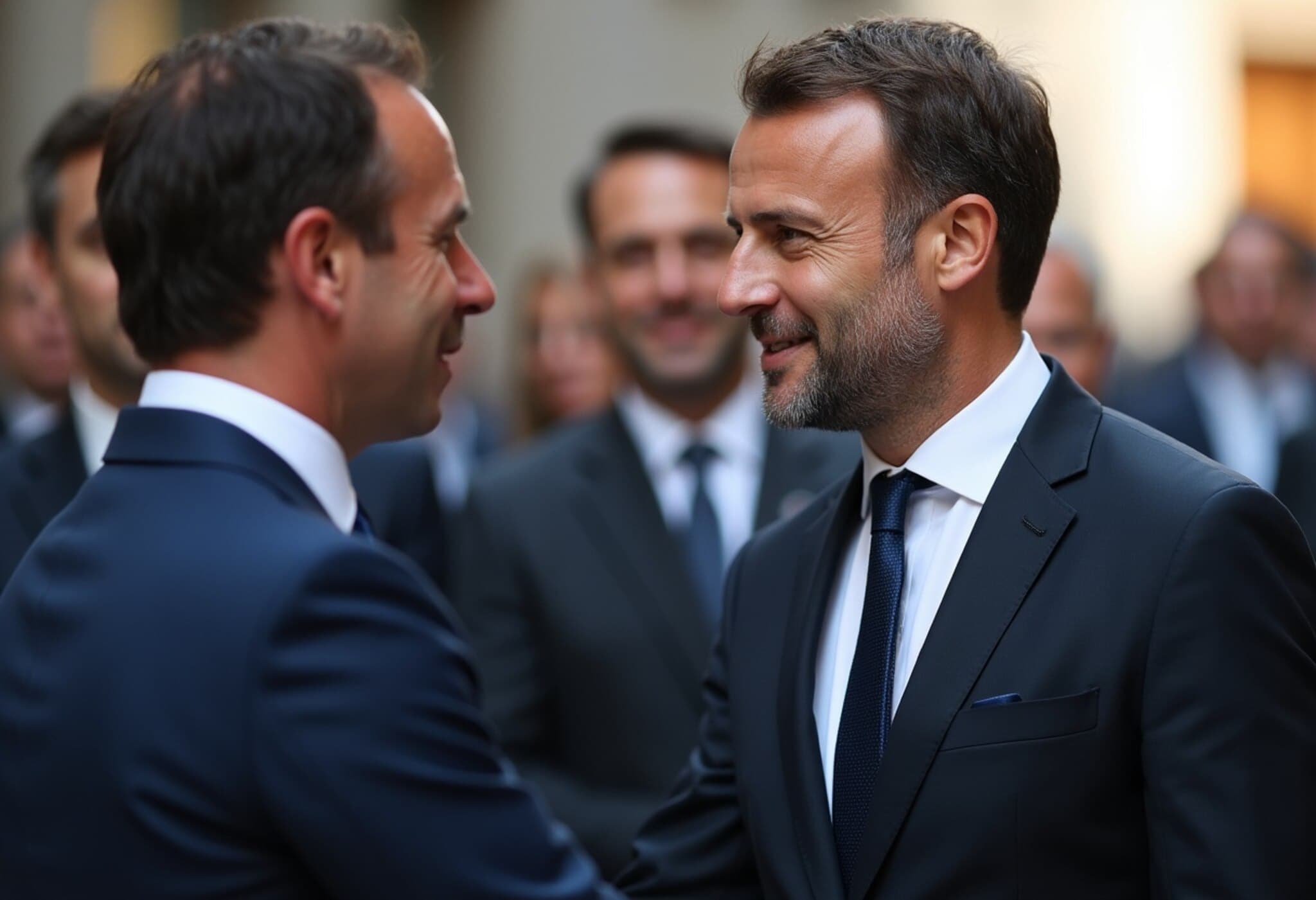Defense Secretary Pete Hegseth Ousts Top Intelligence Leaders Amid Controversy
In a move stirring significant debate within national security circles, Defense Secretary Pete Hegseth has dismissed Lt. Gen. Jeffrey Kruse, the head of the Defense Intelligence Agency (DIA). This decision follows the agency's initial intelligence assessment on the impact of U.S. airstrikes against Iranian nuclear sites, which reportedly fell short of the optimistic destruction claims voiced by then-President Donald Trump.
Inside the Controversy: Disputed Assessments on Iran’s Nuclear Program
Earlier this year, a preliminary DIA report revealed that the U.S. military strikes set Iran’s nuclear program back by only a few months, contradicting President Trump's and Israeli Prime Minister Benjamin Netanyahu’s assertions that the facilities had been "completely and fully obliterated." The president publicly rejected the report, underscoring his longstanding skepticism toward intelligence assessments that do not align with his narrative. This tension culminated in Secretary Hegseth's decision to remove Lt. Gen. Kruse from his post, alongside the dismissals of Vice Adm. Nancy Lacore, chief of the Navy Reserve, and Rear Adm. Milton Sands, commander of Naval Special Warfare Command.
Ripple Effects Across the Military and Intelligence Communities
These high-profile removals form part of a broader pattern within the administration, where military and intelligence officials perceived as critical or disloyal have been systematically sidelined. Observers note a troubling trend of replacing seasoned leaders with figures who prioritize political loyalty over empirical analysis. The Office of the Director of National Intelligence has concurrently reduced staff and budget allocations, while continuing to revoke security clearances from both current and former officials.
Implications for American National Security and Democratic Norms
Critics in Congress have voiced deep concern about the ramifications of these actions. Senator Mark Warner, vice chairman of the Senate Intelligence Committee, described the firings as a dangerous conflation of intelligence work with political allegiance tests rather than safeguarding national interests. Representative Jim Himes called for transparency about the reasons behind these dismissals, cautioning that such politicization could foster a climate of fear that undermines the intelligence community’s integrity and effectiveness.
These developments also feed into broader discussions about the politicization of government data and science during this administration, following previous incidents such as the firing of the labor department's data chief after unfavorable employment statistics and the diminished public dissemination of climate change and public health research.
Political Loyalty Versus Objective Intelligence: The Ongoing Tug-of-War
Defense Secretary Hegseth has publicly celebrated the U.S. strikes on Iranian facilities, calling them "historically successful," despite the lack of concrete evidence substantiating total destruction. This raises profound questions about how national security intelligence is communicated and utilized in policymaking—should assessments be tailored to support political narratives, or must they remain rooted strictly in verified facts?
As U.S. military leadership experiences unprecedented turnover—including the forced retirements of top generals and admirals—the stability and expertise within the defense and intelligence sectors face critical tests. The sidelining of officials perceived as proponents of diversity and inclusion initiatives further signals ideological shifts shaping military culture and governance under this administration.
What This Means for the Future of U.S. Intelligence
- Trust in intelligence assessments faces erosion when political considerations override objective analysis.
- Intelligence agencies risk becoming arenas of loyalty contests instead of independent sources of national security insight.
- Transparency gaps around high-level military firings fuel public skepticism, hindering accountability.
- Broader institutional changes, including budget cuts and clearance revocations, may degrade operational capacity and morale.
Ultimately, these developments spotlight a critical crossroads for the U.S. intelligence community: balancing the imperative of unbiased, fact-based intelligence with the complex realities of governing politics and administration agendas.
Editor's Note
The recent dismissal of Lt. Gen. Jeffrey Kruse highlights the profound challenges facing U.S. national security institutions during politically charged times. Readers are invited to reflect on the essential role of independent intelligence in democratic governance and consider the risks when political agendas potentially overshadow factual assessments. How can the intelligence community maintain credibility and morale when leadership changes appear politically motivated? What safeguards should be in place to prevent the erosion of objective analysis that is vital for informed decision-making? These questions remain central as America navigates the fine line between political oversight and preserving the autonomy of its security apparatus.

